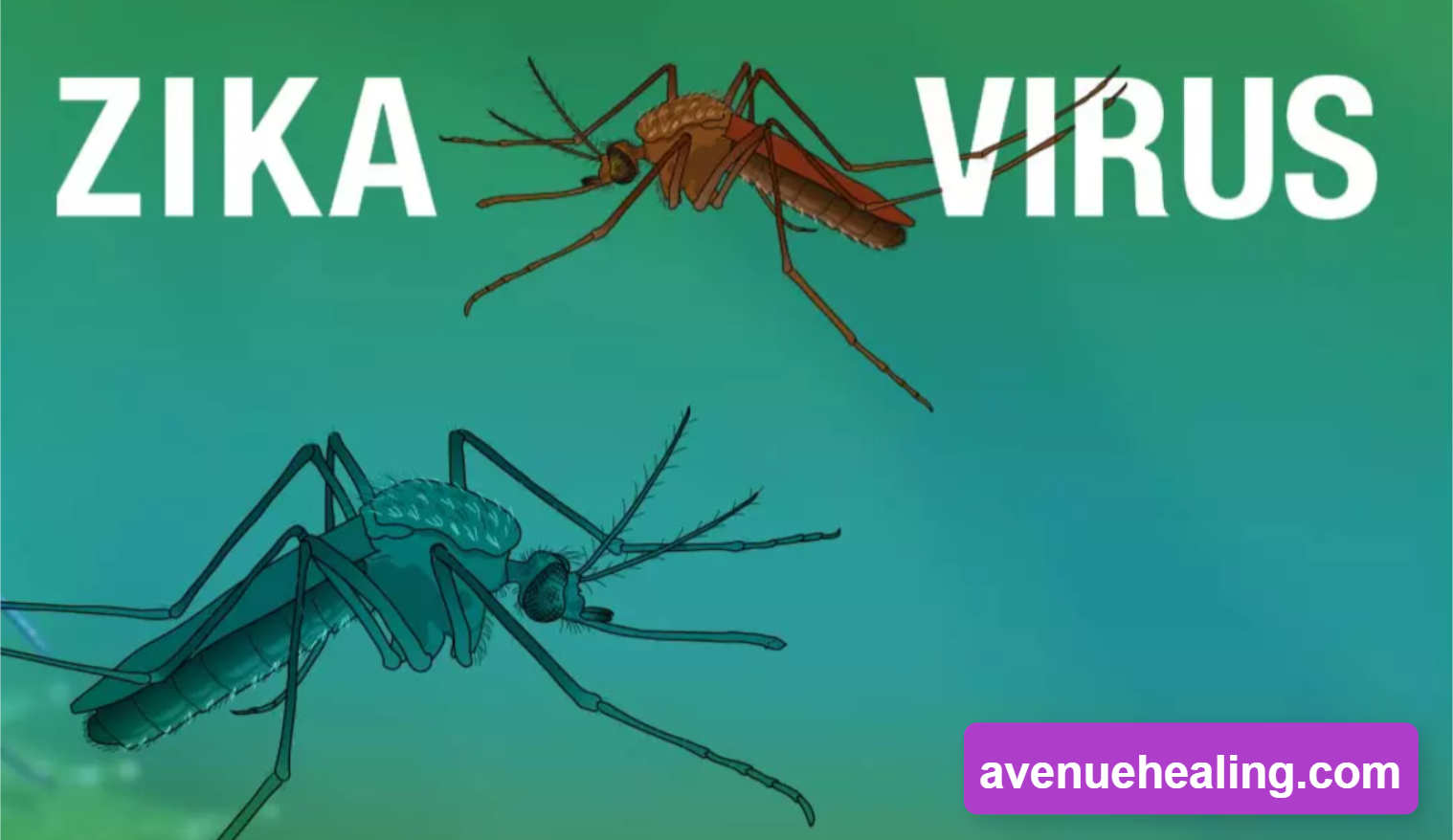
Zika Virus: Following recent cases in western India, where a Pune-based doctor and his teenage daughter tested positive for Zika virus infection, understanding and preventing its spread are critical. Here’s an overview of Zika virus symptoms, risks, and essential preventive measures.
Zika virus, identified by the World Health Organization (WHO) as a mosquito-borne illness first detected in Uganda in 1947, presents symptoms such as fever, rash, joint pain, and headache. Its recent resurgence in Pune underscores the importance of recognizing these symptoms and taking proactive measures to prevent its transmission. The disease, transmitted primarily by Aedes mosquitoes prevalent in tropical and subtropical regions worldwide, poses significant risks, especially to pregnant women and their unborn children, caution experts.
According to the Centers for Disease Control and Prevention (CDC), Zika virus is primarily transmitted through the bite of infected Aedes mosquitoes. Additionally, sexual transmission from an infected person to their partner is also possible.
Symptoms of Zika Virus
Zika virus infection typically manifests with symptoms such as fever, rash, joint pain, muscle pain, headache, and conjunctivitis. These symptoms usually appear within a few days to a week after exposure to the virus, either through mosquito bite or sexual contact with an infected person.
Risks Associated with Zika Virus
The World Health Organization (WHO) highlights several risks linked to Zika virus infection. Pregnant women infected with Zika face an increased risk of giving birth to babies with congenital disabilities like microcephaly, characterized by abnormally small heads due to incomplete brain development. It also raises the likelihood of fetal loss and premature birth. In adults and older children, Zika can lead to neurological complications such as Guillain-Barre syndrome and neuropathy.
Preventive Measures Against Zika Virus
To prevent Zika virus transmission, consider the following safety measures:
- Mosquito Control: Use mosquito repellents containing DEET, picaridin, or other EPA-approved ingredients on exposed skin.
- Proper Clothing: Wear long-sleeved shirts, long pants, and hats during peak mosquito activity times (dawn and dusk).
- Eliminate Mosquito Breeding Sites: Remove standing water from containers like flowerpots, buckets, and birdbaths to reduce mosquito breeding.
- Safe Sex Practices: Use condoms or abstain from sex if you or your partner have traveled to areas with ongoing Zika virus transmission to prevent sexual transmission.
- Stay Informed: Stay updated with travel advisories and health alerts issued by health authorities regarding regions with Zika virus transmission.
- Consult with a Healthcare Provider: Pregnant women and those planning pregnancy should consult with their healthcare provider before traveling to areas with known Zika virus transmission to assess risks and take necessary precautions.
FAQs
What are the symptoms of Zika virus infection?
Zika virus infection symptoms include fever, rash, joint pain, muscle pain, headache, and conjunctivitis. These usually appear within a few days to a week after being bitten by an infected mosquito or through sexual contact with an infected person.
How is Zika virus transmitted?
Zika virus is primarily transmitted through the bite of infected Aedes mosquitoes, common in tropical and subtropical regions. It can also spread through sexual contact from an infected person to their partner.
Who is at risk from Zika virus?
Pregnant women are at significant risk due to potential birth defects like microcephaly in babies. Additionally, adults and older children may develop Guillain-Barre syndrome and neurological disorders if infected.
What precautions should pregnant women take against Zika virus?
Pregnant women or those planning pregnancy should avoid travel to areas with ongoing Zika virus transmission. If travel cannot be avoided, they should consult a doctor for advice on preventive measures.
How can Zika virus transmission be prevented?
Preventive measures include using mosquito repellents, wearing long-sleeved clothing, removing standing water to eliminate breeding sites, practicing safe sex, and staying informed about travel advisories.
Is there a vaccine for Zika virus?
Currently, there is no vaccine available for Zika virus. Prevention relies on avoiding mosquito bites and reducing exposure to potential sources of infection.





